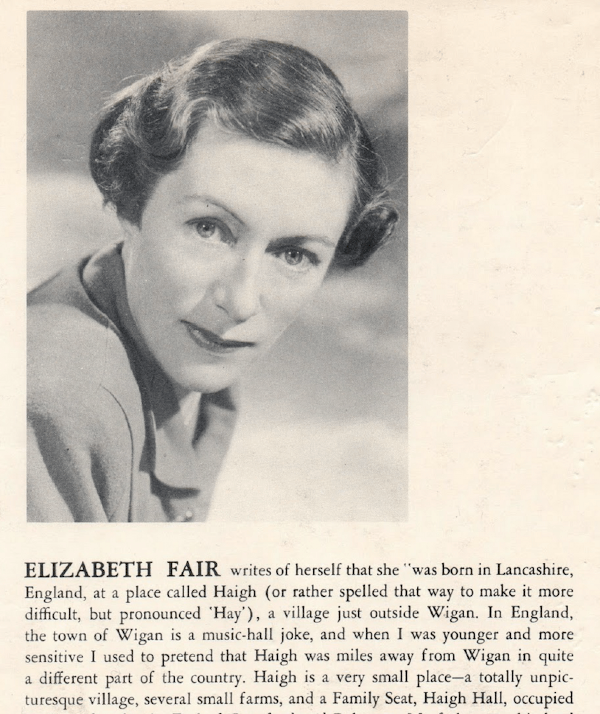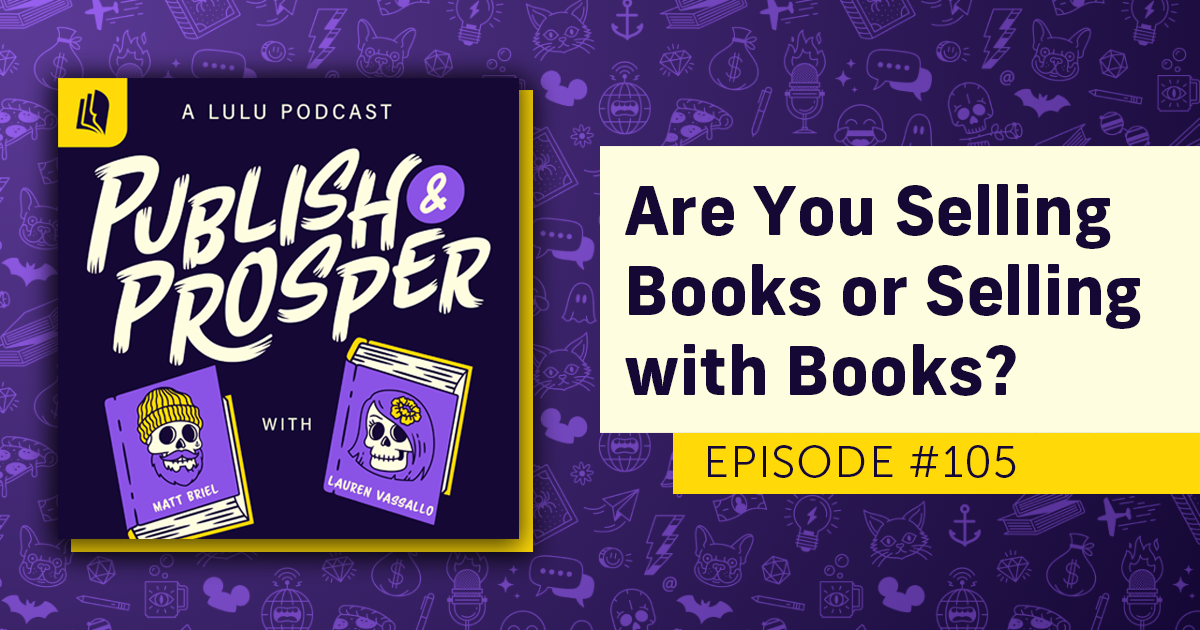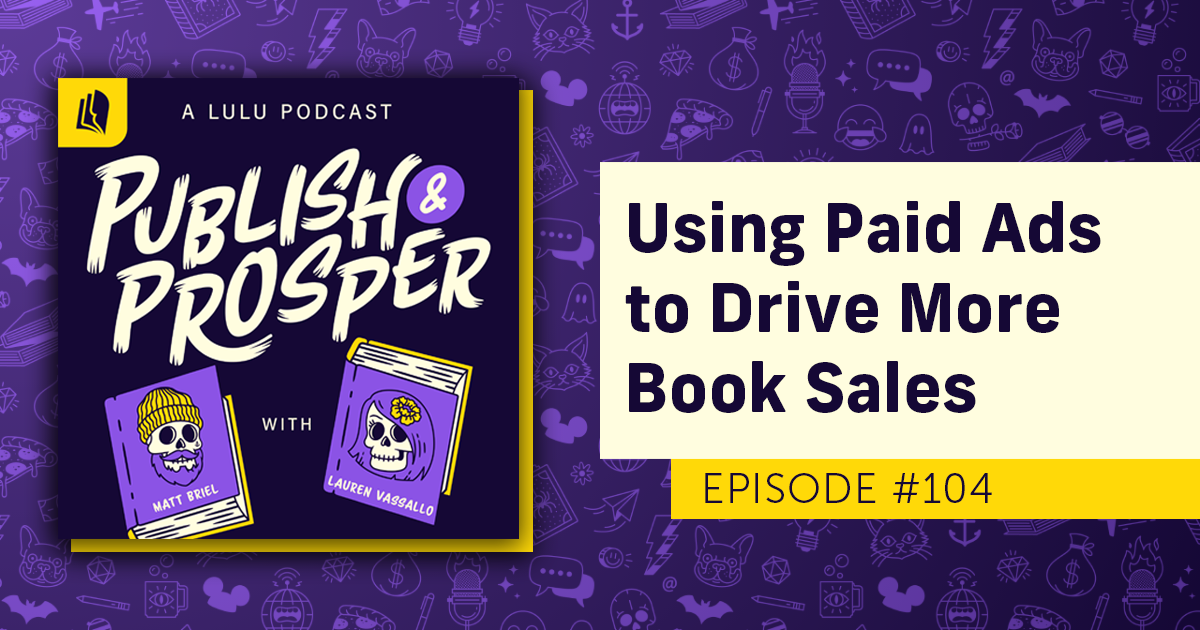Author Press Kit: How You Market You
Who is your favorite living author? Have you ever visited their website? If you wanted to know more about them, where would you click? What would you expect to see on that page? Now think about your website or blog. If a journalist, blogger, production manager, or agent wanted to know more about you, where would they find the information? What you’re thinking about is an Author Press Kit.
How are you selling yourself as a writer or subject matter expert? How are you telling the story of you?
If you are new to publishing, you may not have even thought about needing an “About” page on your website. If you have one, it probably has a few fun facts about you, some pictures of your family, and maybe an homage to your faithful pet.
This information may be meaningful to you, but will it get you an interview or a speaking engagement? If not, perhaps it’s time to re-work your “About the Author” page to serve as an author press kit.
“Who has the time for that?” you may ask. In truth, it’s likely you already have most of the information needed to create an effective press kit. You just didn’t know you needed one. An effective press kit includes:
Author Biography and Contact Information
Lulu recommends authors have multiple versions of their bios for use in article submissions, guest posts, and interviews. Your press kit bio should be about 200 words focusing on what makes you interesting and your areas of expertise. Don’t forget to include a headshot and your (or your publicist’s) email, phone, and social media contact info.

Specific Information About Your Book(s)
List the title, topic, genre, and intended audience for your book as well as a succinct summary (no spoilers). If you are writing nonfiction include your credentials or personal experience relevant to the topic.
Press Coverage
Show your pressworthiness. Include excerpts from reviews, transcripts from interviews, links to press releases, blogs, and articles written about your work. List awards, nominations, and recognition your work has received. Your press kit is not the place for humility.

Your Free Lulu Account
Create a Lulu Account today to print and publish your book for readers all around the world
Frequently Asked Questions (and Answers)
If your goal is to schedule newspaper, radio, or television interviews, include a list of frequently asked questions and answers about you and your book. The more upfront information you provide, the easier it is for a journalist to prepare a story. Your answers should be personal, conversational, and quotable. FAQs and answers also provide jumping-off points for further questions:
- What led you to write?
- How does your early (or current) life influence your writing?
- What is your inspiration for developing these characters / writing on this topic?
- How does the story mirror your own experiences?
- Why did you choose to self-publish your work?
- What are you working on now?

Create Your Book
Use Lulu's free templates to easily create and publish your book today.
Excerpts
Fiction authors should include a few meaningful sections that artfully demonstrate their writing style or provide character insight. Nonfiction writers should include a PDF of the first few chapters of their book.
Upcoming Events
Do you have a book signing event scheduled? Are you attending or speaking at a conference? Are you appearing on TV or radio? Let the world know where you will be and how to contact you during the event. If you choose to include an “events” section on your press kit page, you must keep it up to date. You may also choose to update this section with pictures from the events or links to print articles and interviews (audio/video).
Sell Sheet
If you are selling books directly from your website or through social media, you should also include your product and price lists for hardcover and paperback versions as well as wholesale bulk pricing for bookstores.
Remember, your author press kit does not have to be fancy. Keep the format, font, and layout simple and easy to read. Start with the material you already have and add to the page as you build your reputation online, in print, and through broadcast media. Remember this content is how you sell yourself and your work, so proofread, proofread, and proofread again to make sure it is error-free. A professional looking press kit page will help get you the publicity you need for publishing success




